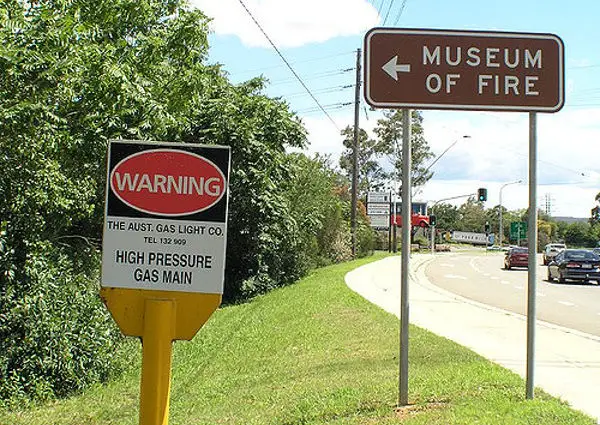Jonathan Dodd’s latest column. Guest opinion articles do not necessarily reflect the views of the publication. Ed
Something happened this week. I don’t think I need to tell you what it was, because you’ll have noticed it yourself. One of my loyal readers, most of whom are unknown to me, suggested they were looking forward to this week’s column, because of the thing that happened. I was delighted to know that at least one person reads this stream of barely-conscious drivel, and at the same time I was a bit worried about possible expectations.
I found myself, when this thing happened, being completely speechless. For me, speech is a natural result of thought, since I don’t know what I’m really thinking until I’ve said it or written it. I thought I wouldn’t be able to talk or write about it because I couldn’t think of anything to say or write. In fact, there seemed to be a complete absence of thought. No thought, no words, no understanding. That was a bit worrying for a while.
It’s the not knowing what’s going to happen
In this life there are two kinds of shock. There’s hard shock, like falling off a ladder or being dumped, and there’s soft shock, where something that’s lived in the safe and taken-for-granted part of your brain just gets folded away so there’s a void where it used to be. Like in those thrillers where the hero realises that the person he/she trusts might be working for the other side. You can lose your way for a while, because that empty space has to be filled with something else, and I for one don’t know what’s going to go in there yet.

I’m sure you know what I’m talking about, and I’m sure you felt many of the things I felt when you woke up and heard the news. It’s not so much the shock of it, as the not knowing what’s going to happen. We live with low levels of this all the time of course, but we take good care of those things we believe are certainties, and we resent their loss when they’re suddenly gone.
Our people are prepared to take to the streets
I have always believed in democracy. I still do. I believe that maintaining a good level of democracy and keeping a well-educated population and a set of just laws is a good start, which should raise the levels of knowledge and empathy and good citizenship. I believe that the point of government should always be to improve the lot of as many of the citizens as you can, rather than to line one’s pockets or silence as many areas of dissent as possible.
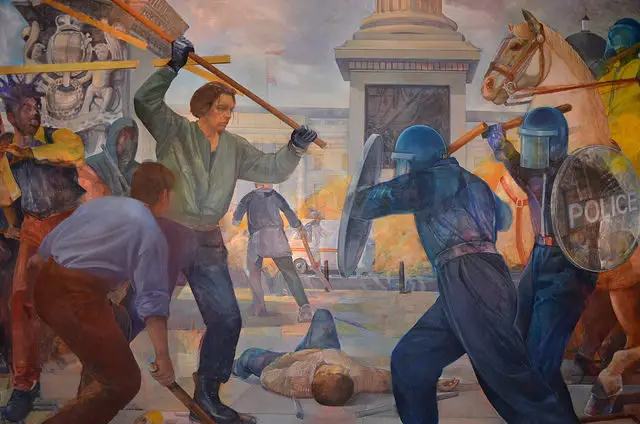
Our government, and that of the USA, pride ourselves on being democratic standard-bearers. We’ve made historic laws that make discrimination and prejudice illegal, often against great odds. Not often enough or effective enough, though. When a government goes too far, our people are prepared to take to the streets, as in the Poll Tax riots. But I forgot about the boiled frog syndrome.
To try something – anything – new
For those of you of a sensitive disposition, I would recommend that you skip forward to the next set of asterisks, like this ***. Everybody knows that we leap out of very hot water for fear of being burned. But scientists placed a frog in a water-filled vessel and heated the water up very slowly. The frog stayed in the water, gradually acclimatising itself to the heat until it was too late, and it was boiled.

*** You can carry on reading from here.
I think what happened over decades of lazy government was a sort of drip-feed of annoyances and small indignities, none of them big enough to cause anyone to go out and riot, but they gradually built up a head of steam that was missed by all the opinion-gatherers. I think that head of steam was looking for a vent, and when a vote came up either to keep on those people who made us all angry or to try something – anything – new, all the anger just flew out.
They voted for change and they meant it
I know that the Brexiteers haven’t had anything they wanted yet, and probably may not. If the current government don’t keep them reasonably happy there’ll be a lot more trouble. I hope the supporters of the next President get at least some of what they want too, because they voted for change and they meant it. If he actually manages to make changes that please his supporters and gets re-elected, he’ll surprise a lot of people.
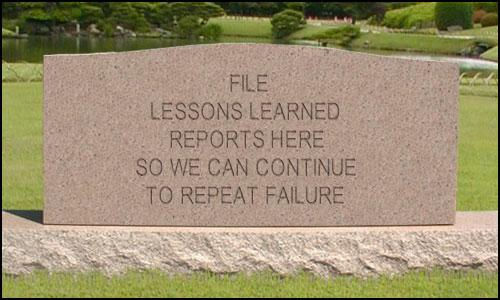
It’s true that history teaches us nothing. Just because a set of events unfold in a particular way doesn’t mean that anyone will take any notice of what history may teach us. It also doesn’t mean that things will pan out in exactly the same way. And it isn’t a good thing to avoid doing what you feel you should do because it might fail.
You can’t light a fire without a spark
There were warning signs, of course. There were those terrible riots that just erupted without any build-up a few years ago. Nobody really analysed what was really going on or what they were about. There was a muddle about the cause and the underlying factors. All the scrutiny was about the moment when they started – the shooting of a young black man in a car. But there had to be momentum. You can’t light a fire with just a spark, because there has to be a lot of inflammable material about as well. We’re just dancing in the dark.

I could make a whole list of things that annoy me, and I’m sure you could too. Our lists might even overlap so we could make a nice Venn diagram. And if we added in everyone else there might even be a tiny point where everyone could join together. But the trouble with that is that we’d all have to be accurate about what annoyed us, and that’s very difficult to do, because we’re much clearer about how angry we are than exactly what has caused us to be so angry.
What would happen if I didn’t toe the line
I’ve been thinking about this, and words are beginning to emerge. My principal annoyance with modern government practices lies in the mass processing of everyone. Computer systems are undoubtedly far more efficient than people, and they’re capable of producing and processing far more data. I work in IT, so I’m not going to deny their doubtless uses and value. But like in a lot of experiments, it’s the things that are factored out that skew the results.
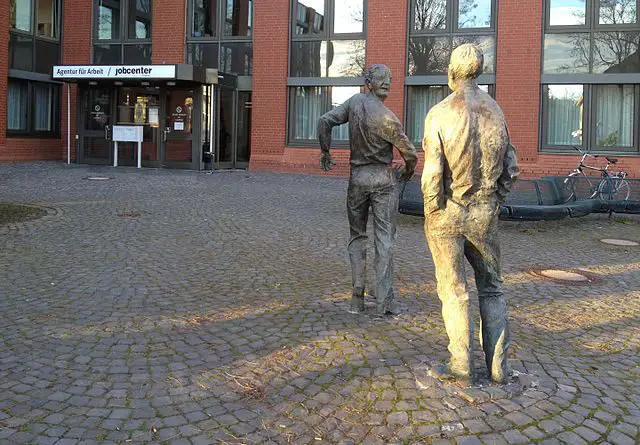
I had an experience that I wrote about here in a Job Centre not so long ago, where it seemed that nobody who worked there was actually tasked to do anything for me. They read things out to me and gave me leaflets and took my electronic signature, and warned me what would happen if I didn’t toe the line. But they weren’t there to help me find a job or to work out my benefits any more. I didn’t ask them what they thought they were adding to the process because I felt that would be stepping over that line.
I felt grubby, and ashamed, and diminished
So I was scared of not getting any benefits (I didn’t anyway), and I think they were scared of losing their jobs. They had already lost all the active useful parts of their jobs. And nobody complained, because they didn’t want to stick their head above the parapet. I felt grubby, and ashamed, and diminished by the whole thing. And I was lucky, because I got myself a job and here I am. Others aren’t so lucky. I was reminded a little of Kafka, and I didn’t like it.
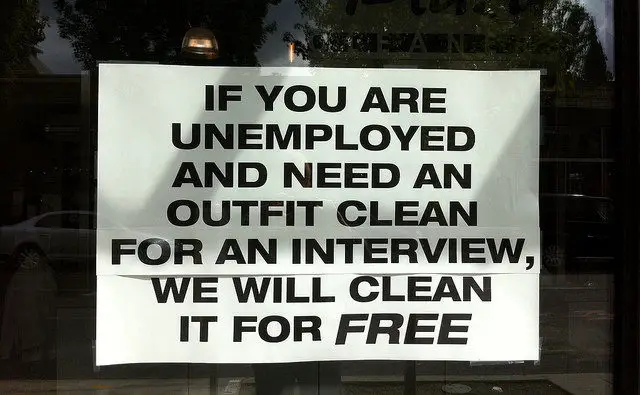
There’s a new film by Ken Loach about this. It’s called I, Daniel Blake. I haven’t seen it yet, but I will. It’s about a group of people going through that exact process, all of them in far worse positions than me. When all the doors shut silently they find out that all those others with practically nothing reach out and help as much as they can, and they form a very real community to protect themselves.
Managing people instead of looking after them
The film is about government deciding that they can get away with managing people instead of looking after them. Nobody entering any relationship with a government department believes any more that they’re going to be seen as a real person with real feelings and real questions and real fears. We’re surrounded by cuts to services and systems that are creaking at every seam, while the rich get richer and the poorer become more and more disenfranchised and ignored.

Is it any surprise that large numbers of people voted for things to change? What worries me most is that our governments won’t take this seriously, and they’ll revert to smoothing over the cracks again. Most of the people I know are worried that there may be trouble ahead. My sunny optimism is being strained a bit. But I’m sure it’ll bubble up again.
If you have been, thank you for reading this.
Image: charliebrewer under CC BY 2.0
Image: europeana eu under CC BY 2.0
Image: bensutherland under CC BY 2.0
Image: jronaldlee under CC BY 2.0
Image: Mike Licht under CC BY 2.0
Image: Mike Pennington under CC BY 2.0
Image: Rabanus Flavus under CC BY 2.0
Image: khawkins04 under CC BY 2.0
Image: Tim Schramm under CC BY 2.0

